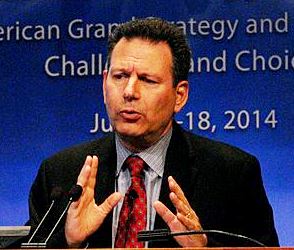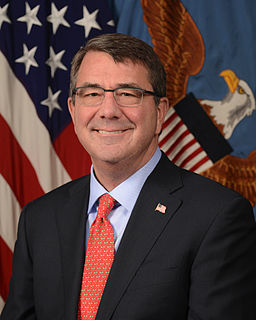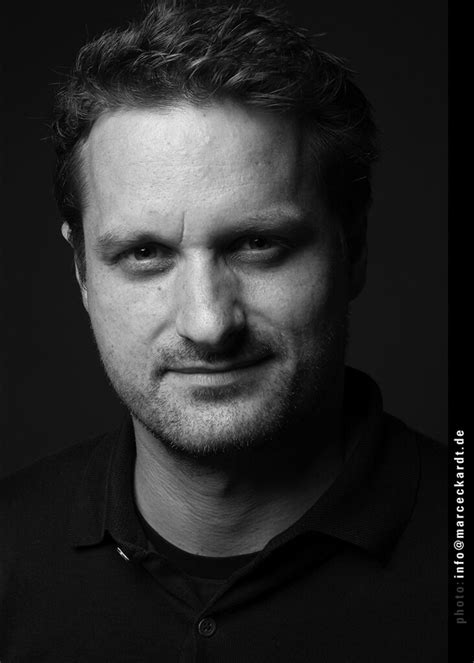A Quote by Robert C. O'Brien
For decades, conventional wisdom in the United States held that it was only a matter of time before China would become more liberal, first economically and then politically. We could not have been more wrong - a miscalculation that stands as the greatest failure of U.S. foreign policy since the 1930s.
Related Quotes
Foreign policy always has more force and punch when the nation speaks with one voice. To remain secure, prosperous, and free, the United States must continue to lead. That leadership requires a president and Congress working together to fashion a foreign policy with broad, bipartisan support. A foreign policy of unity is essential if the United States is to promote its values and interests effectively and help to build a safer, freer, and more prosperous world.
While the foreign policy elite in Washington focuses on the 8,000 deaths in a conflict in Syria – half a world away from the United States – more than 47,000 people have died in drug-related violence since 2006 in Mexico. A deeply troubled state as well as a demographic and economic giant on the United States’ southern border, Mexico will affect America’s destiny in coming decades more than any state or combination of states in the Middle East.
The United States is only one superpower. Today they lead the world. Nobody has doubts about it. Militarily. They also lead economically but they're getting weak. But they don't lead morally and politically anymore. The world has no leadership. The United States was always the last resort and hope for all other nations. There was the hope, whenever something was going wrong, one could count on the United States. Today, we lost that hope.
Meanwhile, the U.S. debt remains, as it has been since 1790, a war debt; the United States continues to spend more on its military than do all other nations on earth put together, and military expenditures are not only the basis of the government's industrial policy; they also take up such a huge proportion of the budget that by many estimations, were it not for them, the United States would not run a deficit at all.
The United States has weakened itself with Iraq; Iranians feel victorious - they feel capable of filling the void. I think from the very outset the nuclear issue has been secondary to the more strategic outlook, in which the United States has, since 1991, pursued a policy that it cannot permit any country in the region to become too powerful and challenge American hegemony.
We have for decades now, and I've dealt with the Russians for 35 years, we have from time to time been able to, even though we have different interests, to align them. That alignment has become more and more difficult under Putin. You see that in Ukraine, you see it in the Middle East. To an extent where he actually defines Russian success as thwarting the United States.
We borrow 40 cents out of every dollar that we spend. We borrow most of it from countries like China. They have become major creditors of the United States and have more power over our economy than we want them to. So dealing with this is not only the right thing economically, it's certainly right from a moral viewpoint.
When the United States first went into Afghanistan in 2001, it devastated the Taliban and Al Qaeda in a matter of weeks using only a few hundred C.I.A. and Special Operations personnel, backed by American air power. Later, when the United States transitioned to conventional Pentagon stability operations, this success was reversed.




































